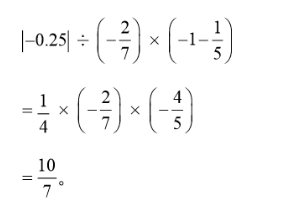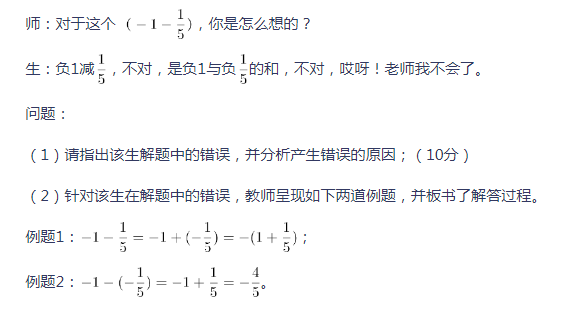当前位置:首页 → 职业资格 → 教师资格 → 中学英语学科知识与教学能力->WhentheViaductdeMillauopenedin
When the Viaduct de Millau opened in the south of France in 2004, this tallest bridge in the world won worldwide accolades. German newspapers described how it “floated above the clouds” with “elegance and lightness” and “breathtaking” beauty. In France, papers praised the “immense” “concrete giant.” Was it mere coincidence that the Germans saw beauty where the French saw heft and power? Lera Borodisky thinks not. In a series of clever experiments guided by pointed questions, Boroditsky is amassing evidence that, yes, language shapes thought. The effect is powerful enough, she says, that “the private mental lives of speakers of different languages may differ dramatically,” not only when they are thinking in order to speak, “but in all manner of cognitive tasks,” including basic sensory perception. “Even a small fluke of grammar”—the gender of nouns—“can have an effect on how people think about things in the world,” she says.
As in that bridge, in German, the noun for bridge, Brucke, is feminine. In French, pont is masculine. German speakers saw prototypically female features; Frenchspeakers, masculine ones. Similarly, Germans describe keys (Schlussel) with words such as hard, heavy, jagged, and metal, while to Spaniards keys (llaves) are golden, intricate, little, and lovely. Guess which language construes key as masculine and which as feminine? Grammatical gender also shapes how we construe abstractions. In 85 percent of artistic depictions of death and victory, for instance, the idea is represented by a man if the noun is masculine and a woman if it is feminine, says Boroditsky. Germans tend to paint death as male, and Russians tend to paint it as female. Language even shapes what we see. People have a better memory for colors if different shades have distinct names—not English?s light blue and dark blue, for instance, but Russian?s goluboy and sinly. Skeptics of the language-shapes-thought claim have argued that that?s a trivial finding, showing only tha
《义务教育数学课程标准(2011年版)》强调,课程内容要反映社会的需要、数学的特点,要符合学生的认知规律。课程内容的组织要重视过程,处理好()的关系。
设α是某一方程组的解向量,k为某一常数,则kα也为该方程组的解向量。( )

案例:
在有理数运算的课堂教学片段中,某学生的板演如下:

针对该学生的解答,教师进行了如下教学:
师:请仔细检查你的演算过程,看是否正确无误?
生:好像正确吧。

请分析例题1、例题2中每一步运算的依据。(10分)
初中数学课程是一门国家课程,其主要内容包括课程目标、教学内容、教学过程和( )等

教师职业道德区别于其他职业道德的显著标志就是( )。

对高中数学的评价,下列说法错误的是( )。
